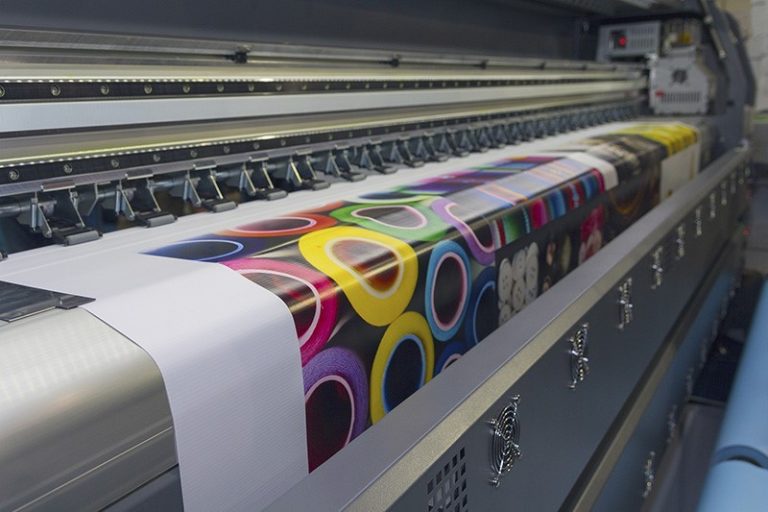
Efficient manufacturing processes depend on accuracy, speed, and a streamlined pipeline. One significant contributor to optimizing these goals is sorting inspection, a method that helps ensure components and finished products meet the required standards. By identifying defects early and categorizing materials effectively, manufacturers can maintain operational flow and reduce costly disruptions. This article explores how sorting transforms production lines and ensures quality with professional oversight.
The Role of Sorting in Manufacturing Efficiency
Sorting plays a critical role in every stage of the manufacturing process, from the initial handling of raw materials to final quality checks before delivery. By systematically organizing and inspecting items, manufacturers gain control over their operations while minimizing the chance of defects entering the market.
Effective sorting reduces waste, ensures uniformity, and aids in faster assembly processes. It’s not just about eliminating errors but also about ensuring product quality, aligning production outcomes with customer expectations. Properly sorting materials also allows seamless integration, particularly in industries like automotive or electronics, where precision is crucial to functionality.
Types of Sorting Methods Used
Professional sorting services employ advanced techniques to increase reliability and accuracy. These often include manual inspections paired with automated sorting tools that ensure consistency across batches.
One widely used method is visual inspection, where trained professionals detect flaws in materials that machines might overlook. Complementing this, automated systems rely on sensors, cameras, and AI-driven software to identify and categorize materials swiftly. Integrating these methods reduces downtime and enhances overall productivity.
Benefits of Sorting for the Pipeline
Sorting enhances every aspect of the manufacturing process, making it a key element in operational success.
- Enhanced Productivity – By accurately categorizing components, sorting ensures that every step of the pipeline proceeds without interruption. When defects are caught early, machines don’t need to stop for repairs or recalls later, significantly boosting productivity.
- Better Quality Control – Sorting streamlines the quality control process, ensuring that only products meeting required specifications move forward. This improves brand reputation and builds trust with customers by delivering consistent results.
- Reduced Costs – Detecting errors before assembly prevents wastage of time and materials, cutting costs associated with inefficiencies or customer claims and replacements.
Professional assistance in sorting also plays a vital role in ensuring product quality, allowing manufacturers to focus on their core operations while relying on experts for error detection and quality assurance.
The Importance of Professional Sorting Services
Unlike manual efforts, professional sorting solutions combine expertise and advanced tools to provide unparalleled results. Specializing in spotting inconsistencies and ensuring compliance with strict industry standards, professionals bring efficiency to the pipeline.
Advanced equipment like scanners, vision inspection systems, and robotics deliver precision not achievable through general human oversight. This ensures that products meet higher performance and safety levels, preventing substandard items from reaching markets, especially in high-stakes sectors like aerospace and healthcare.
When it comes to ensuring product quality, professional sorting teams act as a safeguard, catching details that may otherwise go unnoticed during routine inspections.
Real-World Impact of Sorting on Manufacturing Pipelines
Consider industries such as consumer electronics, where microscopic flaws can lead to product malfunctions. By applying advanced sorting systems, such defects are detected early, preventing widespread issues that could harm brand credibility.
Similarly, in the automotive sector, timely sorting and inspection processes enhance production efficiency while minimizing recalls. Overall, the focus on quality and precision ensures smoother pipeline management and customer satisfaction.
Conclusion
Sorting is not just about identifying defective materials but is a process that drives manufacturing efficiency through accuracy, speed, and quality assurance. With professional sorting services, manufacturers can focus on optimizing their operations while upholding stringent quality standards. By catching and resolving issues early, these processes ensure smoother pipelines, minimized costs, and a commitment to delivering reliable products to the consumer market.







